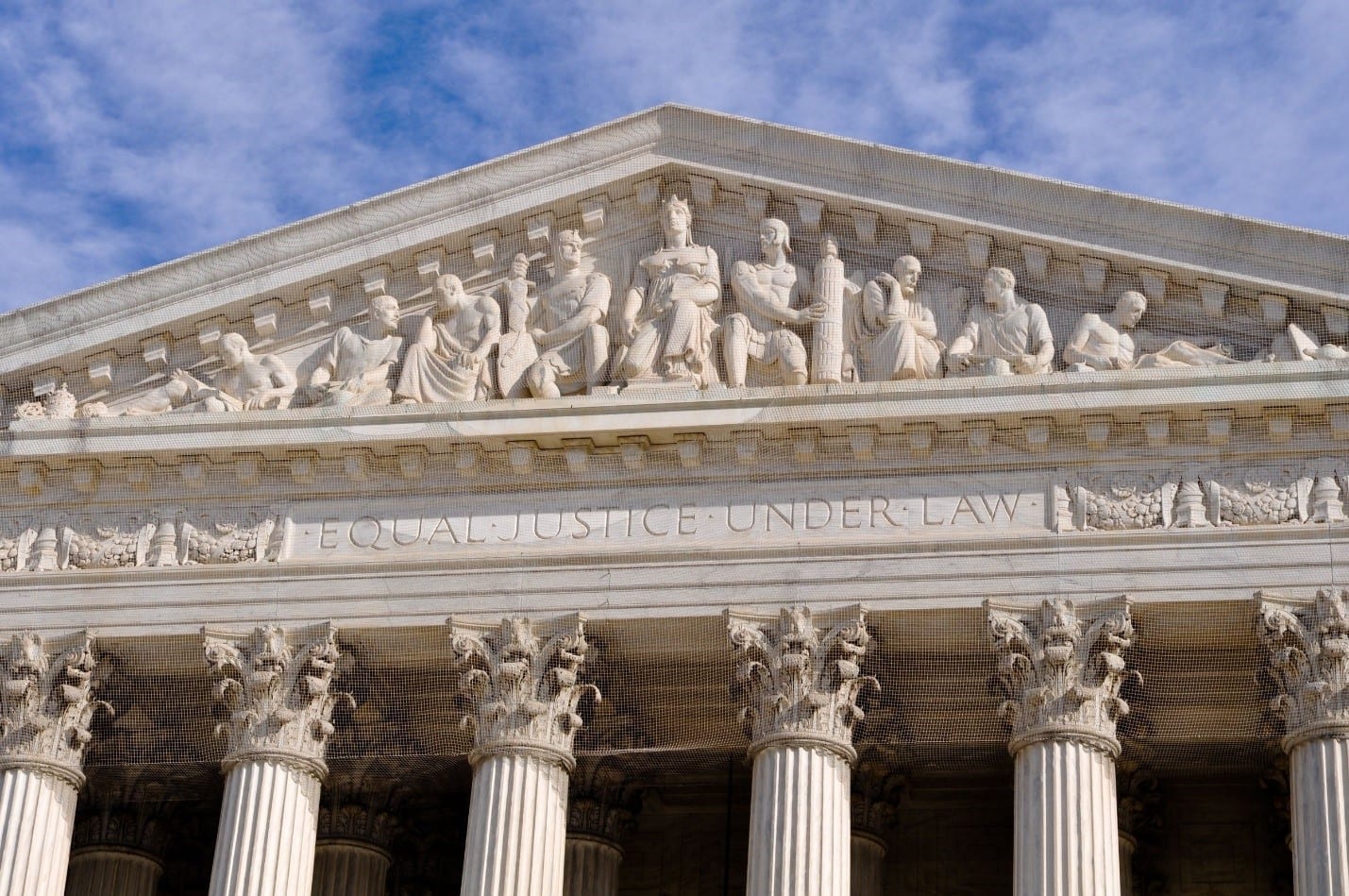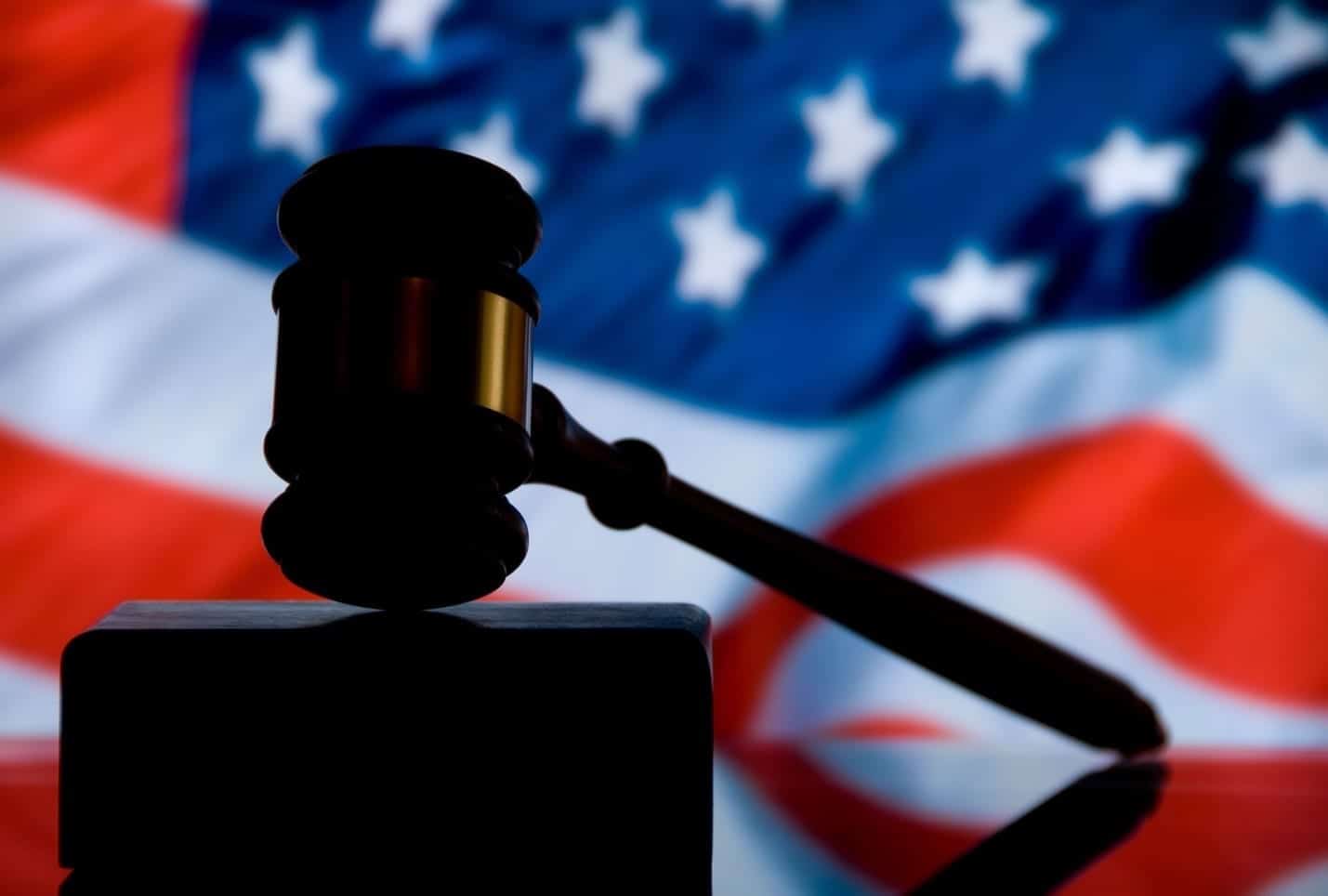 The difference between federal and state crimes is oftentimes complicated. The charging, and prosecution, mechanisms in both legal jurisdictions are similar in some respects but starkly different in others.
The difference between federal and state crimes is oftentimes complicated. The charging, and prosecution, mechanisms in both legal jurisdictions are similar in some respects but starkly different in others.
For example, the U.S. Justice Department, through binding policy statements, has established rules for evidence disclosure under the Brady Rule that all Assistant U.S. Attorneys must abide by. At the state level, the policies governing evidence disclosure are different from county to county, often designed to undermine the Brady Rule.
Article I, Section 8 of the U.S. Constitution extends authority to Congress to enact laws over which the federal government has subject-matter jurisdiction. Issues like bankruptcy, immigration, patents, the Postal Service, terrorism, espionage, treason, coining and money production, and federal property all have a litany of laws associated with them that Congress has criminalized.
The Taxing and Spending Clause of Article I, Section 8 and the Seventeenth Amendment also allows Congress to establish a mountain of laws linked to tax evasion and fraud.
The United States [Criminal] Code contains 51 titles in multiple volumes. In 1927 when federal laws were codified, they all fit into one volume. There is no way to determine exactly how many federal crimes there are—estimates place the number between 4500 and 5000. Congress loves to create new federal crimes, as evidenced by the fact that between 2000 and 2007 it created more than 450 new crimes.
The federal criminal code contains many laws that would normally be state offenses, but become federal offenses because they occurred on federal property or affect interstate commence such as mail and wire fraud, drug and human trafficking, firearms and explosives, intellectual and computer crimes, racketeering and extortion, and identity theft and consumer protection.
But many criminal actions are prohibited by both state and federal laws simultaneously, particularly of the federal offenses involves Interstate Commerce Clause powers. While there are many prohibited behaviors under federal law, the vast majority of crimes are prosecuted on a state level.
So when does the prosecution of a crime become a federal matter?
The answer is quite simple: when both the federal and state government has what is known as “concurrent jurisdiction” over a criminal offense. That’s where the simplicity ends. The Fifth Amendment to the U.S. Constitution protects a person from being “subject for the same offense to be twice put in jeopardy of life or limb.”
This is known as “double jeopardy.” While the Fifth Amendment protects against double prosecution or double punishment by a state “sovereign,” it does not prevent the federal government for prosecuting an individual for the same exact conduct, or vice versa.
Federal vs State Jurisdiction
Whether a crime is prosecuted by a federal or state government is often a matter of jurisdiction.
A state has jurisdiction to prosecute those who violate the laws of that state. That means the state has the power to arrest, charge, try, and convict them. The federal government has power over individuals who commit crimes on government property.
For example, if a one person assaults another person in the District of Columbia, or in a national park, the federal government can prosecute that particular case. Additionally, the federal government will often exercise its jurisdiction over cases that cross state lines.
There are also a number of federally defined criminal acts that fall under the U.S. government’s jurisdictions. Many immigration crimes, for example, are prosecuted by the federal government, as well as US custom violations.
The federal government also often steps in to handle more complex and far-reaching crimes. And there are a number of specific crimes that the federal government takes special notice of. These include white collar crimes (particularly when large amounts of money are involved), terrorism, sex offenses (especially involving minors), large scale drug crimes, and immigration offenses.
Dual Sovereignty
Sometimes it is possible for a crime that takes place entirely on state land to fall under the federal government’s jurisdiction.
Let’s take the offense of murder as an example. Normally prosecuted at the state level, murder committed in a state can be prosecuted at the federal level as well. Murder can be prosecuted as a federal crime under ten distinct statutes:
- Murder of an elected/appointed federal official (18 U.S.C. §§ 351, 1751);
- Murder of a federal judge or law enforcement official (18 U.S.C. § 1114);
- Killing of an immediate family member of law enforcement officials (18 U.S.C. § 115(b)(3);
- Killing designed to influence the outcome of a court case (18 U.S.C. § 1512);
- Killing committed during a bank robbery (18 U.S.C. § 1111);
- Murder abroad a ship (18 U.S.C. § 2280);
- Murder related to rape, child molestation, and sexual exploitation of children (18 U.S.C. §§ 2248, 2251);
- Murder for hire (18 U.S.C. § 1958);
- Drug-related murder (18 U.S.C. §§ 36. 924(1)); and
- Murder by mail (19 U.S.C. § 1716).
The simple fact is the federal government has sweeping authority under the Constitution to regulate interstate commerce. Criminal offenses with even a loose relationship to interstate commerce can fall under federal jurisdiction.
Recently, a number of internet crimes have fallen into the hands of federal prosecutors. Since digital information on the Internet is often transmitted from state to state or even to other countries, it is possible to commit interstate and international crimes without ever leaving your home. Piracy and file sharing, for example, is often prosecuted under federal law.
State and federal governments can have concurrent jurisdiction over certain criminal acts as well. Drug trafficking and sales crimes are a common example of this. In these instances, state and federal prosecution decide on a case by case basis whether an individual defendant should be prosecuted through the state or federal criminal justice system.
Federal Prosecution vs. State Prosecution
Often, those facing federal charges are subject to much harsher penalties that those being charged by the state, including long periods of incarceration and astronomical fines. The U.S. Sentencing Guidelines place more emphasis on criminal history than do state judges or juries who assess punishment. The guidelines have four zones of criminal history:
- Zone A, with a sentence of 0-6 months;
- Zone B, with a sentence of 1-15 months;
- Zone C, with a sentence of 10-18 months; and
- Zone D, with a sentence of 15 months to life.
Other factors are then added to the offender’s criminal history to determine of recommended range of punishment the judge must consider in fashioning the appropriate punishment. The fly in this proverbial ointment is that there are scores of federal offenses—far more than at the state level–that carry stiff mandatory minimums which severely limits the judge’s sentencing discretion. For example, many federal drug crimes have mandatory minimums of five to ten years.
While the federal government has in recent years made efforts to ease sentencing in drug cases, it’s the states that have led the way in this area. According to the Pew Research Center, some 40 states between 2009 and 2013 took action to reduce the penalties in drug cases.
The Need for an Experienced Federal Criminal Defense Lawyer
U.S. Attorneys are more experienced and aggressive in their handling of criminal cases than state prosecutors. AUSAs frequently use severe mandatory minimum sentencing to coerce defendants into accepting harsh plea bargains they would not face at the state level.
Unlike state prosecutors who are receptive to practical negotiations, U.S. Attorneys feel they have a higher duty to do “the right thing.” Thus, their pursuit of justice often leads to injustice.
If you are under investigation or have been arrested for a federal crime, you face some of the toughest, most dedicated prosecutors in the United States. It is important that you hire a criminal defense attorney who is experienced in the field of federal law and has an in depth understanding of how the federal justice system works.




